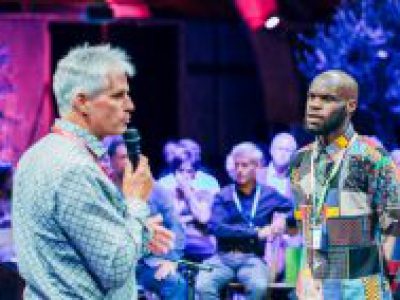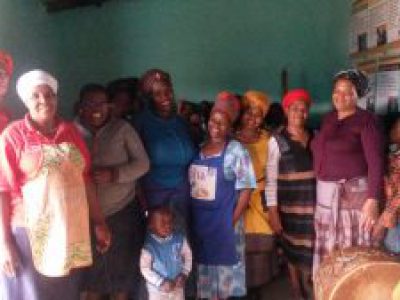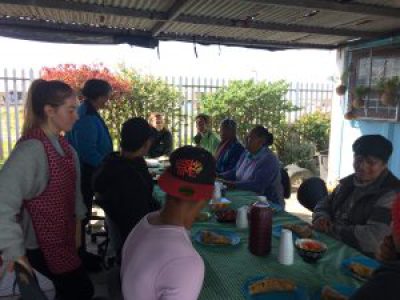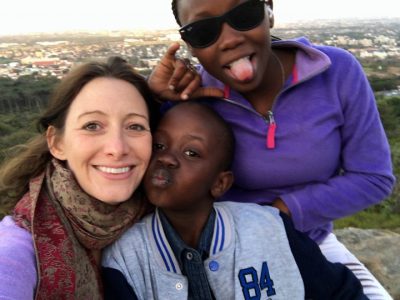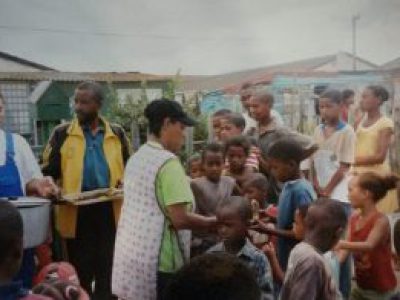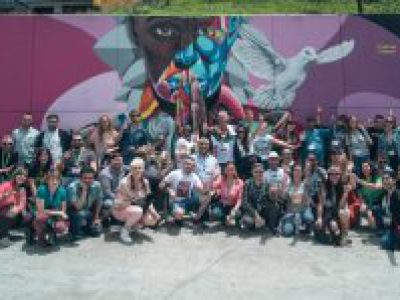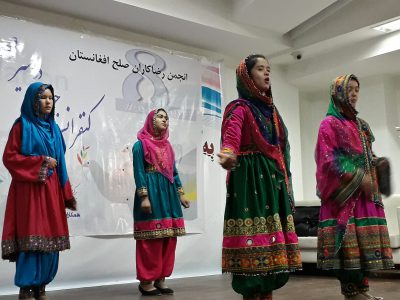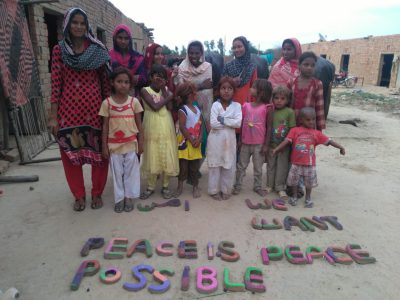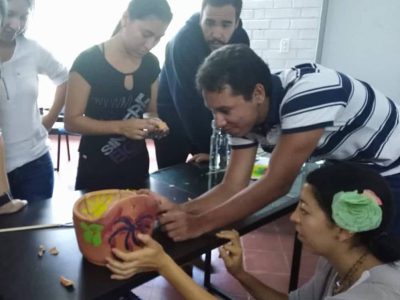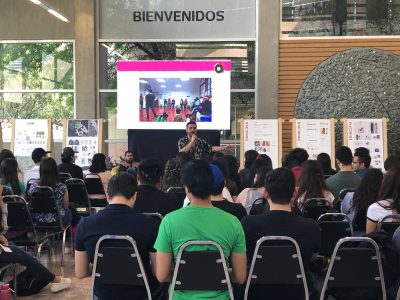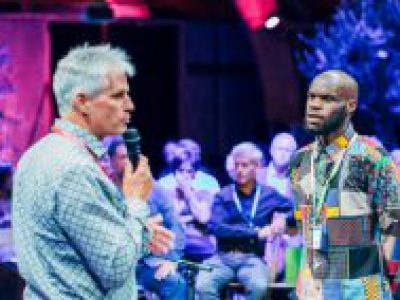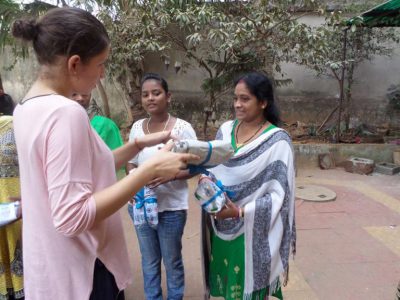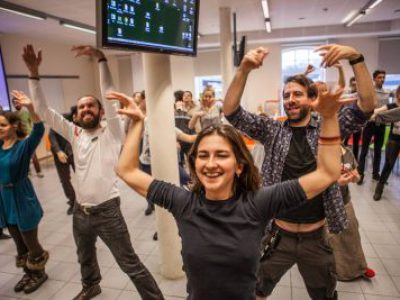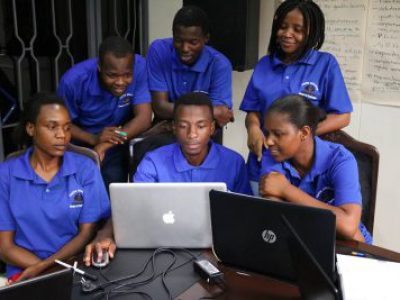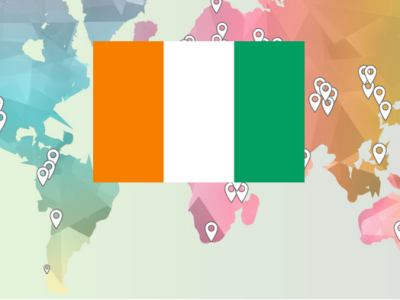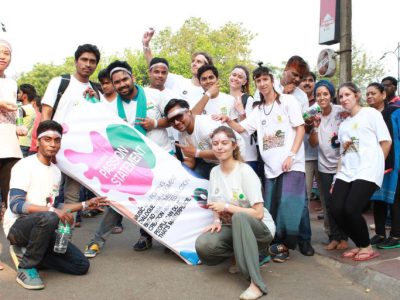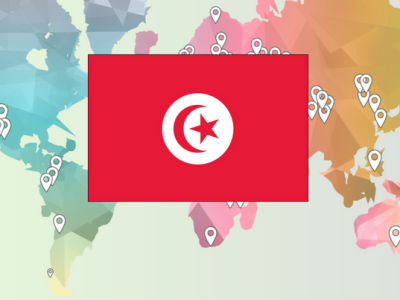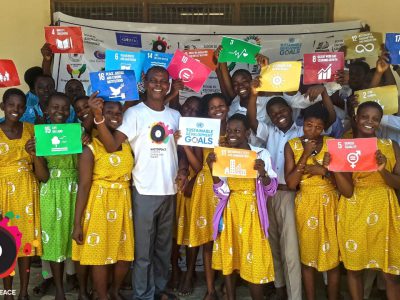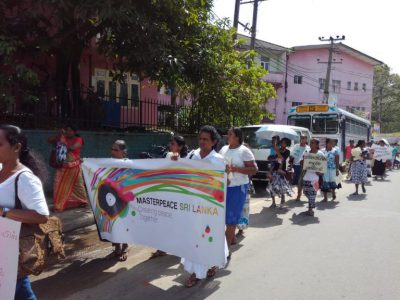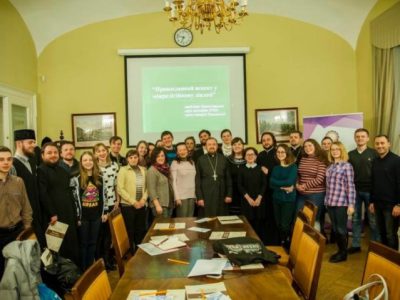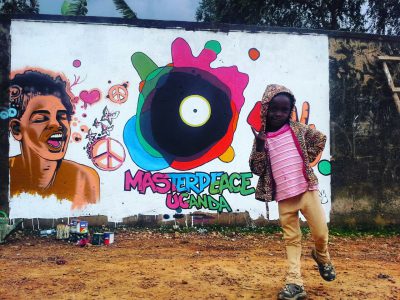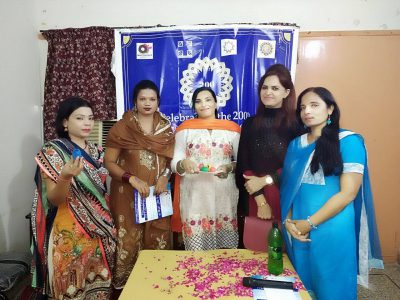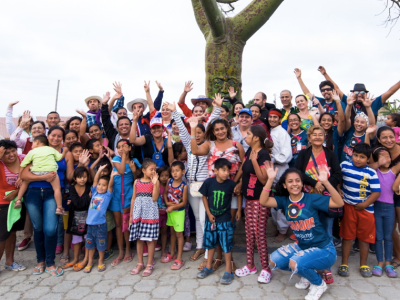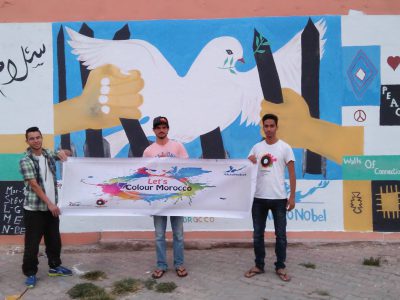Stories
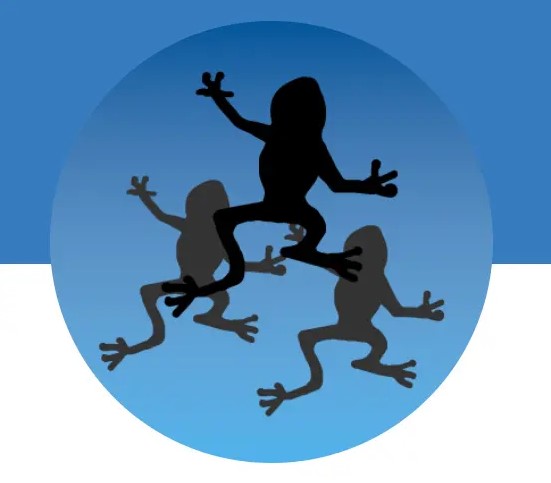
Human Rights and Democracy in Europe

We invite youth workers and teachers to use our ACT for Liberty Platform ( https://actforliberty.eu/ ) as a cool way to engage youngsters and stimulate awareness of human rights issues. To understand yourself and the other, what do I think of key human rights issues?
You can play 13 games on pressing themes: all or one by one on:
Equal Rights
Democracy
Gender Equality
Migration
Privacy
Fake News
Identity
Racism
Freedom of Expressions
Climate Change
Labour Choices
Is This Your Future?
Freedom Of Expressions
A brief overview:
- Teachers and/ Youth workers can check our simple-to-use handbook: https://actforliberty.eu/moderators
- Teacher and/or Youth worker can start hosting a group discussion on human rights
- Using an online game as a starter; the game can be played in a single or multiplayer version
- While playing the game, use the answers of students as a starting point for dialogue, understanding there is no right or wrong
- During the dialogue students grow their insights and are asked to create a poster as a call to action; this can be published in the ACT for Liberty Gallery https://actforliberty.eu/calltoaction
- We invited so-called “freedom fighters” https://actforliberty.eu/freedom-fighters ; share with us your video and become one!
Enjoy and ACT for your Liberty

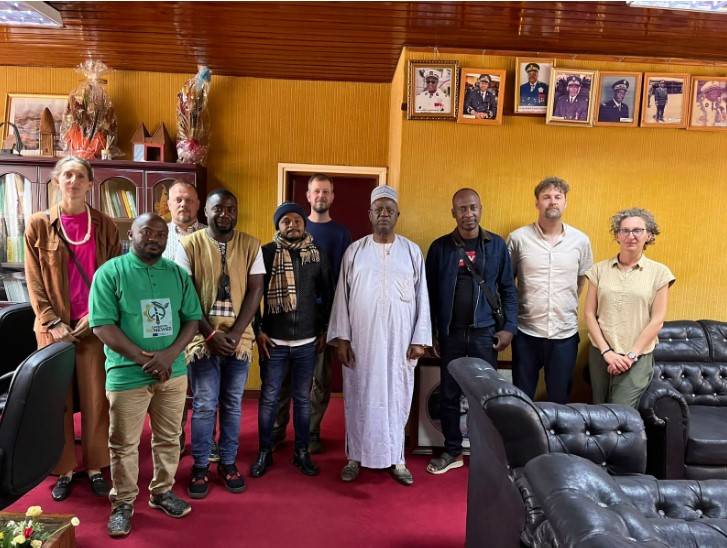
Creating Perspective for Youngsters in Cameroon
Project background: Sub-Saharan need for perspective that Europe can support
We all know that Sub-Saharan countries will be most affected by climate change. This accumulates to the challenges these countries already face, like unemployment, poverty, and low access to health services. In a country like Cameroon, the situation is even more tense as language barriers cause internal socio- and political conflict, resulting in large numbers of internally displaced persons. Especially young people feel left behind, making them vulnerable to violence. It’s therefore important to invest in the future of young people by providing them with a high-quality education relevant to the job market of the 21st century.
The Cameroon National Development Strategy (2020-2030) operationalizes the second part of the vision, providing a framework for sustainable economic and human development. The third pillar of NDS focuses on promoting employment and economic integration, particularly underemployment, matching training to jobs, matching training supply to demand of the productive sector in terms of manpower and support to companies in the sector.
Given the national strategy, which shows the need for a qualitative impulse in the VET training and link with the labor market, given the high number of applying students for our current “En-power” project as well as the great interest already shown by government and companies to partner for a relevant skills training, the consortium developed the “Cameroon Renew-ed" project proposal: improving the capacity of the VET system on renewable energy co-creating a training program by European education institutes, local private sector, and local training organizations so that national government will see the value of the training and adopt the program on a national level. The program is state-of-the-art based on the latest developments in the renewable energy sector, using digital tools as to deliver blended learning methods.
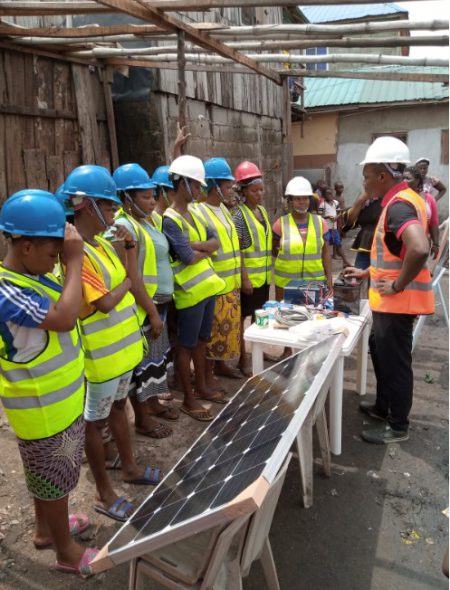
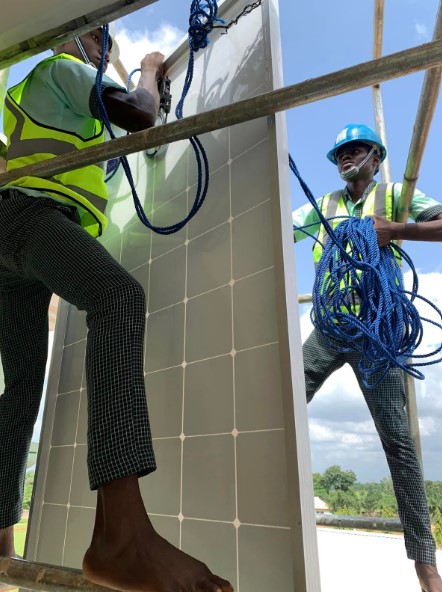
Our role and partners:
The role of MasterPeace Foundation is being a broker between the local needs and the excellent expertise and existing methodologies on renewable energy like water, wind and hydro (by TVET school https://noorderpoort.nl/ (in the Netherlands) and with our Italian partner Apro Formazione (APRO) https://www.aproformazione.iton social entrepreneurship. Both train our 3 local partners in Cameroon (H4BF; https://www.h4bf-foundation.org) ; Society for Promotion of Initiatives in sustainable development and welfare (SOP) – www.sopisdew.org and Forest and Agroforestry Promoters (FAP) https://fap-cameroon.page.tl/
Our main objective is to improve and increase the capacity of VET teachers and trainers and to boost the exposure of staff, teachers, and learners to 21st-century and innovative renewable energy-blended VET materials. We bridge the gaps in profiles between education, the labor market, and governance policies. The consortium is part of African and global networks to share the lessons learned and scale competences.
Our primary target groups:
- VET organizations and teachers (to increase the capacity and support their exposure);
- 2.1) Youngsters in the age group of 16-30 years, 60% female/40% male
- 2.2) Employees of business partners.
Our secondary target groups:
- 3.1) private sector to boost their business and close the gap between VET and labor;
- 3.2) local decision makers and our global partners to build an ecosystem that drives the transformation;
- 3.3) society to inspire them with positive stories and best practice examples.
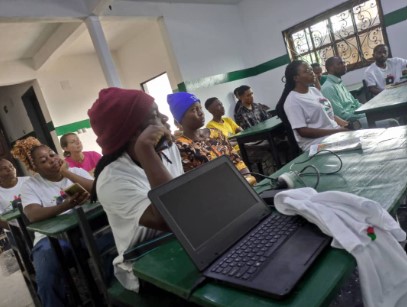
Our main outputs:
- 9 trainers trained; 200 students trained and create personal business plans hosted by 25 business partners; 20 will start a social enterprise
- 100 employees of business partners trained in masterclasses
- A Green hub as meeting space
- 3 VET curricula on solar, wind, and hydro and 3 blended courses
- 75 participants in exchange activities
Next steps:
We started this project in early 2023 and will have the final results by the end of 2024; we are extremely proud of the results. We will meet in June with the Cameroon Ministry of Education, which will support accrediting our methodologies. In August, we will share this best practice during our global bootcamp with 50+ MP clubs to discuss how we will best scale to create a jobs perspective for many in Cameroon and beyond. First requests for information are already in from our networks in Africa and Asia
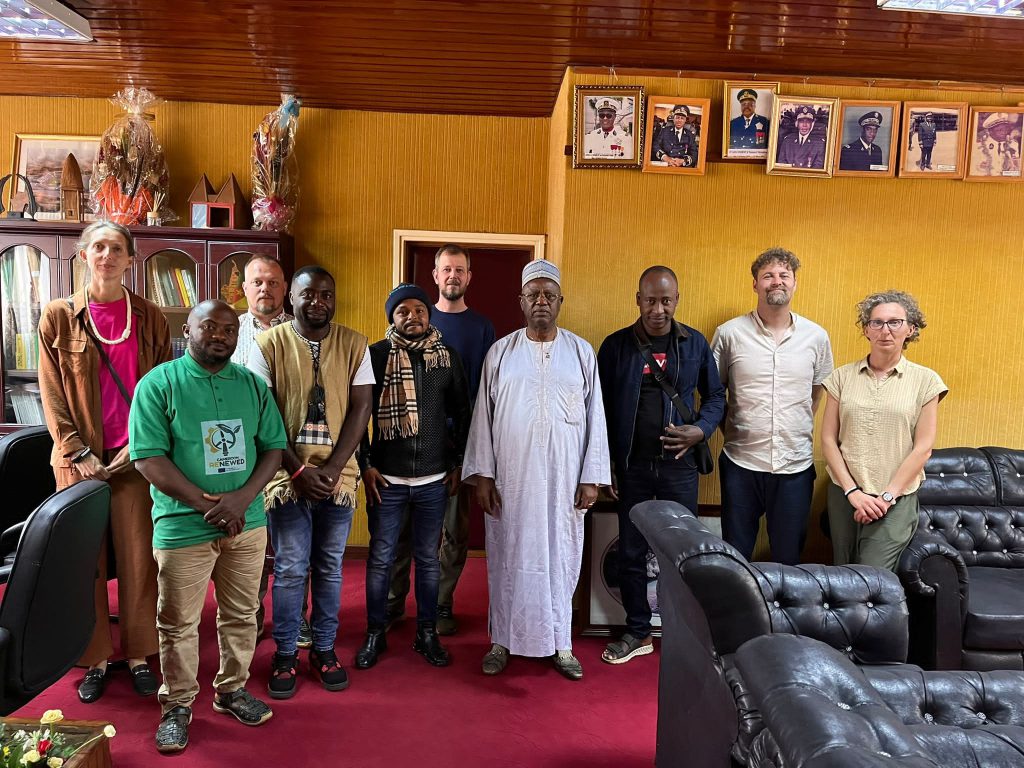
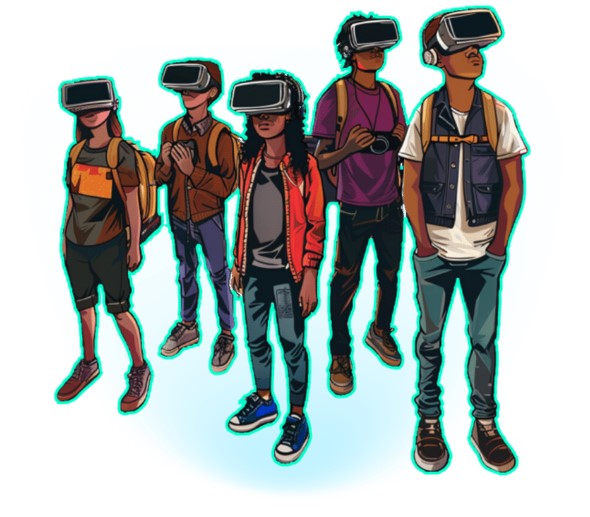
MasterPeace Joins "Metaverse Learning Hub"
We are proud to be invited by ERASMUS UNIVERSITEIT ROTTERDAM; www.eur.nl to join a consortium of 7 organizations to develop and test the “Metaverse Learning Hub. Developing youth’s human and digital skills through gamification & immersive learning experiences” https://www.metaverselearninghub.eu/
We co-create with friends of Erasmus University with proven expertise: STIMMULI FOR SOCIAL CHANGE: www.stimmuli.eu; Asociatia Copiii in Sanul Familiei; http://friendsofchildreninromania.org/; OFENSIVA TINERILOR ASOCIATIA: www.ofetin.ro; FUNDACJA INSTYTUT EUROPEJSKI: http://instytuteuropejski.pl/; Stowarzyszenie Inicjatyw Regionalnych: sir.edu.pl ; Meta-Skills BV; https://www.meta-skills.io/

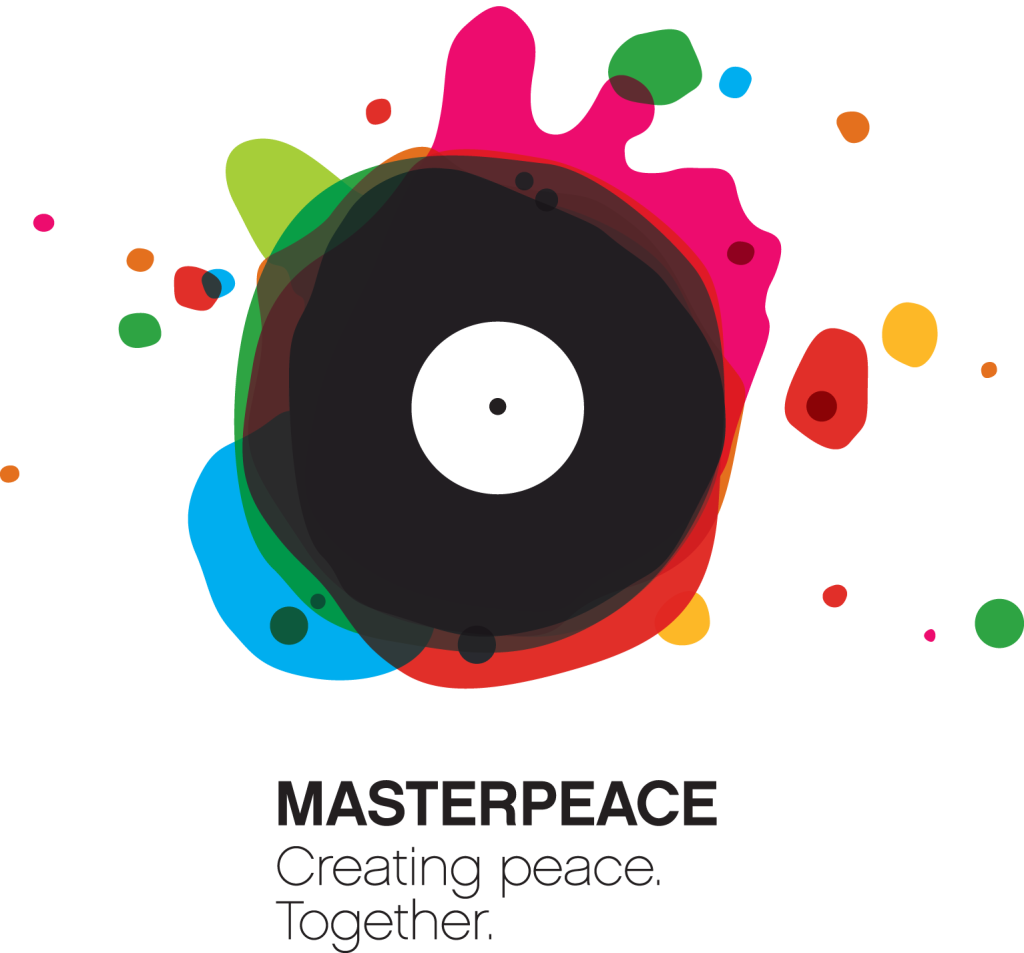
This 24-month project addresses various:
a) Youth workers who help at-risk young people often lack good opportunities to learn and grow in their roles. They want to make their communities more inclusive, but it's tough
- Our Project Result gives them useful guidance and resources to improve their work. Youth workers are important because they can spot and help young people who are left out or struggling. But sometimes it's hard for them to figure out what works and what doesn't. in focus groups, they shared the need for methods, activities, and resources which are accessible, not time-consuming to understand and implement, but also effective. This is why our consortium has different expertise (researchers, technology experts, education experts and youth associations) to tailor the outputs to their needs.
b) Our youth workers often volunteer and might not be experts in finding evidence-informed resources or activities to help young people. This is why they all said they want practical resources they can use right away.
- This is why our handbook won't be just another textbook with information. It will be a practical guide that youth workers can use in their work. It will offer advice on different types of activities and ways to measure the impact of those activities.
c) The same goes for Young people (including young Ukrainian refugees) who are struggling and can't find good resources and new ways to learn . We are fixing this by making high-quality tools for learning, both online and offline. These tools help young people with skills they need for both personal and professional development. Even though many people use computers and phones in Europe, some young people from poor families or with less education don't get the help they need to learn computer skills We want to change that.
d) Our online platform will have activities that help young people learn, and we'll make sure everyone can use them effectively through step-by-step guidance. Also, knowing how important communication is and working in a team (Cooney & Licciardi, 2019), PR 2 & 3 can help more young people get the skills they need. In many European countries, there is no focus on teaching essential skills to young people from disadvantaged backgrounds.
e) As we aim to drive transformation, we will share our recommendations with Policymakers who make decisions about how young people learn skills. Especially for young Ukrainian refugees, there aren't many programs in most of the consortium countries despite the fact that they have accepted high numbers of refugees. Our project can help more young people in the same situation.
Our Scope
Specifically, we aim to take a holistic approach to supporting youth workers who educate disadvantaged youth & youth organizations to improve the quality of youth work. This will be achieved by providing youth workers with the necessary resources, frameworks, and good practices to implement in their teaching practice and by creating accessible and useful materials for all youth workers, particularly those working with disadvantaged youth (with few or no resources, excluded from society, unemployed, etc.) and refugees from Ukraine.
Our Methods
Our project also incorporates forward-thinking ideas in line with key European priorities such as digital readiness, resilience, and youth employability. We will involve our target groups in co-creating the project outcomes, using innovative methodologies such as design thinking and SCRUM. We will provide a variety of deliverables in both digital and physical formats, including online resources, infographics, frameworks, standards, immersive learning experiences, and a card game.
Our Practices
We will implement peer-to-peer learning under the guidance of experts and educational specialists and promote transnational cooperation among organizations of different types, locations, and sizes but with a shared vision and values on youth work. Furthermore, the project will ensure the transfer of innovation across countries through policy development and LTTA mobility in Romania, leading to sustainable exploitation of our project results at the EU level and their transferability to other contexts and audiences
MLH aims to design and develop evidence-informed guidance and supporting tools for youth workers and policymakers on the development of human skills for youth, aiming to enhance their development and employability.
Specifically, it aims:
- To provide youth workers with evidence-informed guidelines, which can be used with youth for the development of digital & human skills
- To provide youth workers with online & offline learning experiences for the development of digital & human skills of youth.
- To provide policymakers with standards & recommendations on how to integrate human & digital skills development as a priority in the existing strategies & policies for disadvantaged youth (with a focus on young refugees).
Expected results:
- Handbook with guidelines for youth workers on how to develop youth’s digital & human skills
- Creation of immersive learning experiences for the development of skills through the Metaverse
- Creation of a game on the development of human & digital skills
- Standards & recommendations for policymakers & youth organizations related to youth employability & development, with a focus on young refugees.
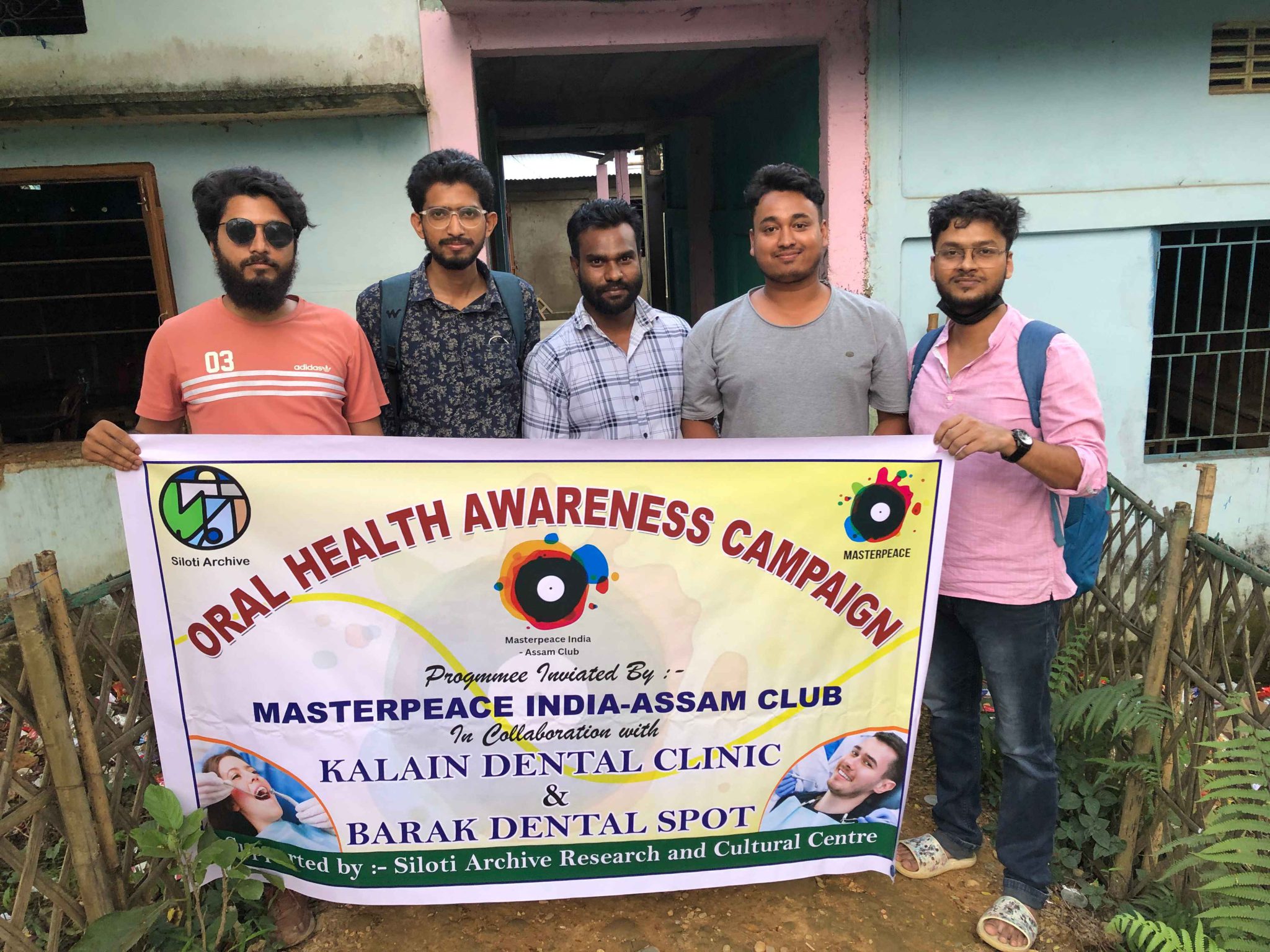
In rural Assam, the Oral Health Awareness Campaigns led by MasterPeace India's Assam club are making a huge difference in the lives of people. The campaign was conducted on 10 May 2024. Supported by the Siloti Archive Research and Cultural Centre and Paikan Yuva Munch, the aim of the campaign was to improve dental health in these rural communities with limited access. The campaign significantly contributed to Sustainable Development Goal 3, which primarily focuses on ensuring healthy lives and promoting well-being for all.
Oral Hygiene in rural Assam, like in many other parts of India, faces significant challenges. Limited access to dental care, lack of awareness about oral health, and inadequate hygiene practices contribute to widespread dental health issues. Many residents in these areas have never visited a dentist, and preventive care is often neglected. The impact of poor oral hygiene is not limited to just dental problems but extends beyond, affecting overall quality of life.

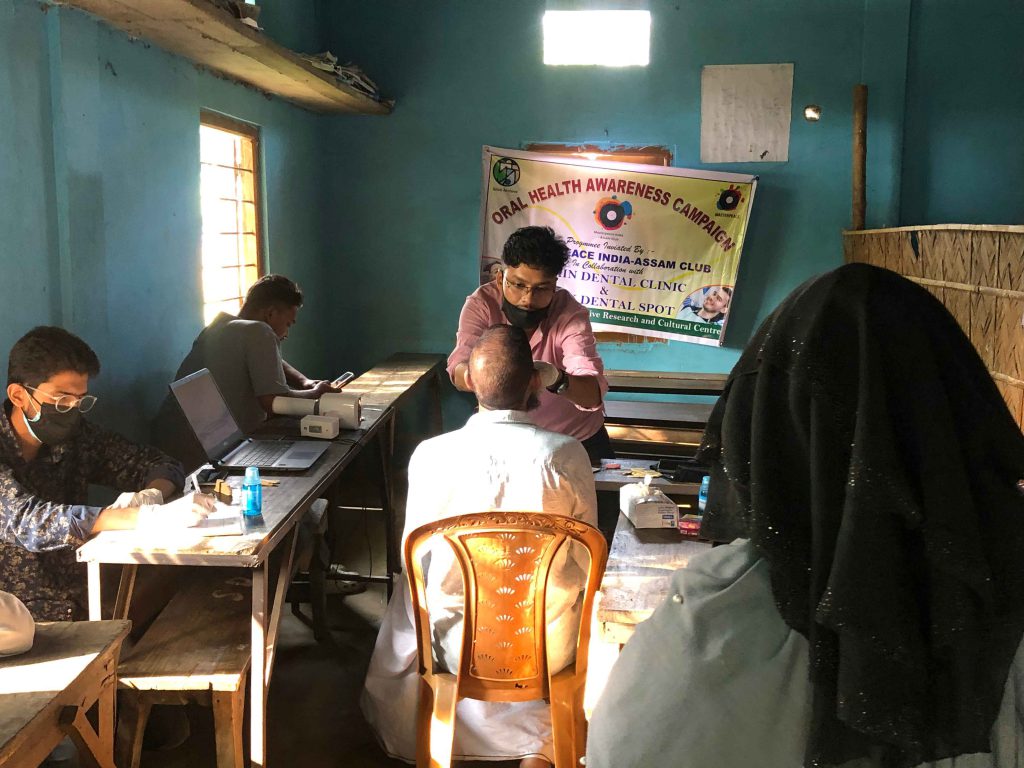
The success of this initiative owes a lot to Dr. Yahya Ahmed Barbhuiya from Kalain Dental Clinic and Dr. Masum Ahmed Barbhuiya from Barak Dental Spot. Their support and expertise have been invaluable for this initiative. The doctors also shared their thoughts on the campaign's success. “It should be our goal to make dental care accessible and educate people on maintaining their oral health” said one of the doctors.
Abdullah, the MasterPeace India- Assam club leader, said, “The success of this program portrays the urgency for sustained oral health initiatives in rural parts of Assam. "We are committed to making dental care accessible to everyone and making the communities aware to ensure long-term health benefits,” he added.
Throughout the campaign, over 70 patients received thorough check-ups and free medication, marking an important step towards better oral health. This event showed how effective community-driven efforts can be in promoting wellness. The campaign has also inspired local youth to take an active role in promoting oral hygiene.
Individuals who came for the check-up expressed their gratitude and shared their experiences. "I have never had a dental check-up before," said one of the local residents. "Thanks to this campaign, I received treatment and learned how to take care of my teeth properly. It has been a life-changing experience for me and my family."
Thanks to the ongoing support from the partners, the MasterPeace India-Assam club will be able to run the weekly village-to-village oral health awareness campaign. This consistent effort will help ensure better oral health for more people across rural Assam.
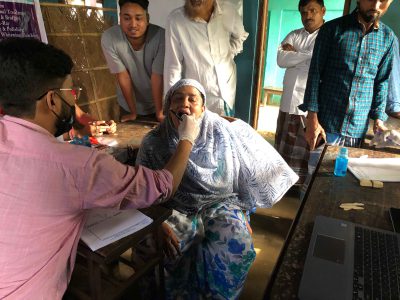
- All
- Africa
- Americas
- Asia
- Europe
- Global
- Highlights
- MasterPeace Impact Series
- My Music Competition
- Podcast
- Uncategorized

